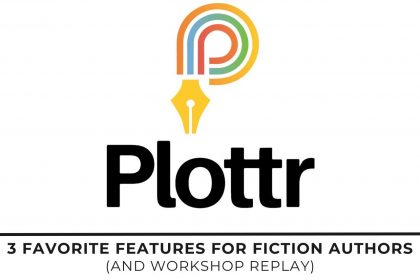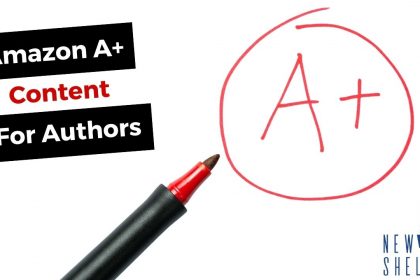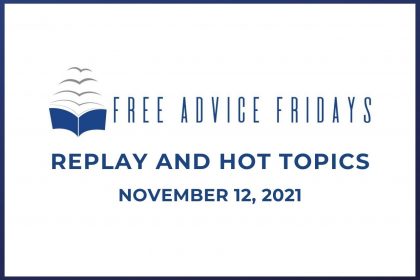If you missed Free Advice Friday last week, you can watch the replay on our YouTube channel, youtube.com/NewShelvesBooks.
February 11, 2022 Free Advice Friday Hot Topics
When you set up your Amazon ads, do you use “broad”, “exact”, or a “phrase” in setting up keyword searches? Listen to the replay at 5:54 to hear Keri’s explanation.
What is the best amount of keywords for an ad? Some people suggest starting with a few keywords. This is the safe way. You spend less money but it takes a lot of babying at first. This can work in the long term— but it might take a while. Some people prefer starting big. They use 500-1000 keywords. This option costs more in the front end, but it can get things moving quickly. Once they find out which keywords work, they cull their keywords for a more precise lists.
You have to decide what options works best for you. Decide what your goals are and how much money and time you have to spend.
What keyword generator do you use? Keri’s fav: Publisher Rocket from Dave Chesson and Kindlepreneur. Instant Data Scraper is free but clumsy and pulls up some things you don’t need.
Can you put a well-known author in your keywords? Absolutely, yes! It is one of the best ways to use keywords. Tip:
Just make sure the author is a good comp for your book.
For more on keywords for authors, visit this blog: https://newshelves.com/keywords-for-authors/.
Diving into Audiobooks? Listen at 17:26 to hear Keri’s take on how long it takes to upload an audiobook and see your listing on retail sites.
Check out the replay at 23:42 to find out more about Fair Use. When citing other people’s work, the rule of thumb is 150 words or 10% with citation. However, keep in mind this is “rule of thumb” not law.
In the US, the specific rule for postmortem quotations is you can cite someone’s work without their permission 70 years after the death of the author. You can read more about that on copyright.gov.
If you have any questions, the best bet is to talk to a copyright lawyer. (Keri is not a lawyer and does not give legal advice.)
In fiction, do you need to create fictional restaurants and museums, in your stories? You can use real stores and places in your writing. However, if you are putting the restaurant in a negative light, you may want to come up with a fictional name. Just remember— make friends not enemies.
Should you send your book to an influencer or blogger to ask them if they will promote it on their social media sites? Make sure the influencer is a good fit! If you are a children’s author and you are following a mommy blogger, you could approach that influencer and ask if they have a program. Rule of thumb: If someone approaches you (you didn’t sign up for their newsletter, blog, etc.) offering promotion or reviews at a fee, it is probably best to steer clear.
At 39:25 Keri discusses where you can look to find ideas on which media you should reach out to and how to contact them. This can be tedious, and it takes time. You can search for podcasts on your topic, or you could search Google for your topic plus book review. (I.e. “Romantic suspense + book review”) Try to find books like yours and see who they were able to connect with for reviews and media attention. Then use that as a place to begin pitching your book.
What should you know about switching genres? If you switch, it needs to be an easy switch, like if you write romantic suspense and move to thrillers. Or you write light romance and move to women’s fiction.
If you want to make a big leap, consider using a pen name. This will help to keep your audience separated and help avoid metdata confusion on sales sites.
If you have questions you’d like answered, join us next week, Friday, February 18th at 10am EST to get your questions answered LIVE or e-mail your questions in advance to info@newshelves.com with “FREE ADVICE FRIDAYS” in the subject line.








